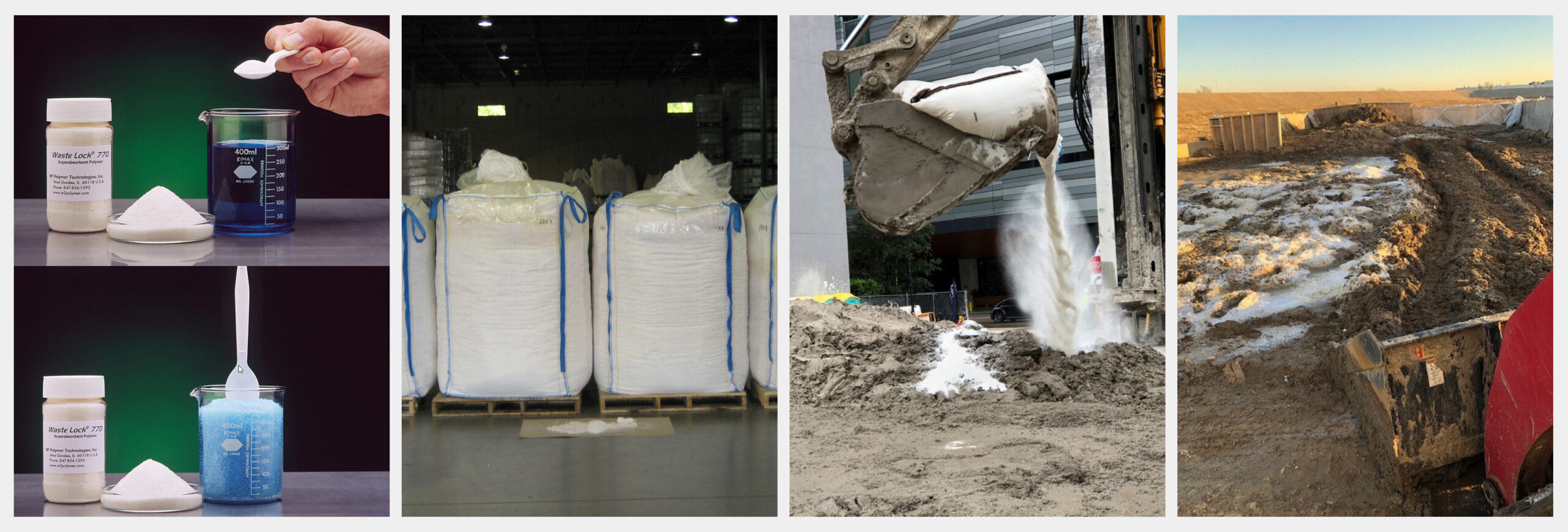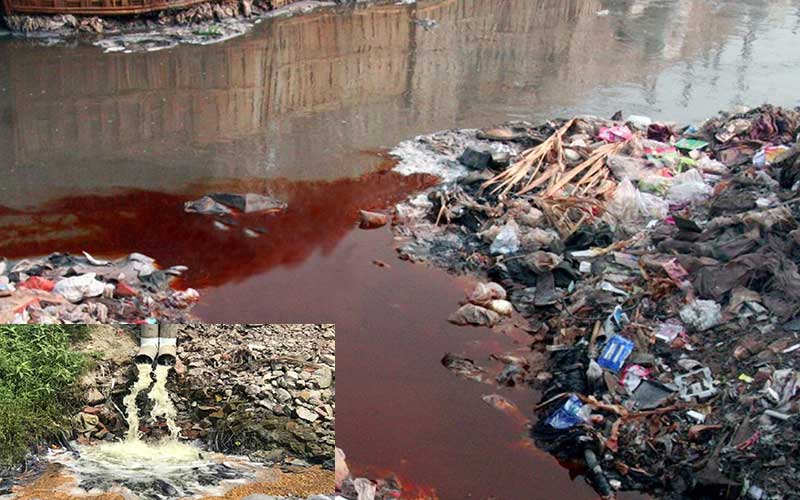Top Liquid Waste Disposal Melbourne: Trusted Services for Correct Waste Administration
Wiki Article
Comprehending the Comprehensive Process of Fluid Garbage Disposal: Finest Practices and Environmental Effect Considerations
The administration of liquid waste disposal is a diverse problem that requires a complete understanding of different ideal practices and their associated ecological effects. From the kinds of liquid waste generated to the approaches used for collection, treatment, and last disposal, each step plays an important function in guarding communities and public wellness. As governing criteria progress and innovation developments, the conversation around these processes ends up being increasingly significant. What implications do these modifications hold for future sustainability initiatives, and exactly how can stakeholders make certain that they are properly dealt with?Sorts Of Fluid Waste
Comprehending the various kinds of liquid waste is essential for reliable management and disposal practices. Fluid waste can be generally categorized into a number of kinds, each requiring distinct handling and treatment approaches.Industrial liquid waste commonly contains unsafe products, consisting of hefty metals, solvents, and chemicals, created during making procedures. These wastes demand rigorous regulative compliance to shield human wellness and the atmosphere. Domestic fluid waste mostly describes wastewater created from households, consisting of sewage and greywater, which, although much less hazardous, can still pose considerable risks if incorrectly taken care of.
Agricultural fluid waste, consisting of overflow from farms, typically has fertilizers and chemicals that can lead to ecological degradation if not dealt with adequately. Clinical fluid waste, created from health care facilities, consists of polluted fluids such as physical liquids and chemicals, calling for specialized disposal methods to protect against infection and ecological contamination.
Lastly, oil and grease waste, commonly generated by restaurants and vehicle sectors, can trigger serious blockages in sewage system systems otherwise taken care of effectively. Understanding these classifications assists in targeted strategies for treatment, compliance with regulations, and efficient disposal techniques, inevitably advertising ecological sustainability and public wellness security.

Collection Techniques
Efficient collection approaches are critical for the appropriate administration of fluid waste, making sure that it is gathered safely and successfully prior to treatment or disposal. Various techniques are used depending on the kind of fluid waste produced, the quantity, and the details characteristics of the waste.One common technique is using specialized collection tanks or sumps, which are created to record fluid waste at the source. These systems commonly incorporate pumps that help with the transfer of waste to larger storage containers or therapy facilities. Additionally, mobile collection devices outfitted with vacuum cleaner modern technology are utilized in circumstances where waste is produced periodically or in hard-to-reach areas.
For industrial setups, closed-loop systems can successfully reduce spills and leaks, allowing for the healing and reuse of liquid waste. It is likewise important to educate personnel on correct collection methods to minimize threats associated with dangerous substances.
Additionally, implementing regular maintenance schedules for collection tools ensures ideal efficiency and safety and security. The integration of advanced monitoring systems can boost collection efficiency by offering real-time data on waste levels and prospective risks. On the whole, reliable collection techniques are fundamental to lasting liquid waste monitoring techniques.
Treatment Procedures
Therapy processes play an essential duty in the monitoring of liquid waste, changing potentially unsafe materials into reusable resources or liquid waste removal melbourne risk-free effluents - liquid waste disposal. These processes can be generally classified right into physical, chemical, and biological methods, each tailored to resolve details pollutants existing in the waste streamPhysical therapy techniques, such as sedimentation and filtering, job by eliminating suspended solids and particle issue. These methods are typically the initial step in the treatment chain, effectively decreasing the tons on succeeding procedures. Chemical therapies involve using reagents to reduce the effects of damaging materials, precipitate hefty steels, or oxidize organic pollutants, thus boosting the security of the effluent.
Biological treatment procedures, consisting of triggered sludge systems and anaerobic digestion, utilize on the all-natural capabilities of microorganisms to deteriorate natural matter. These techniques are specifically reliable for wastewater including naturally degradable pollutants. Advanced treatment innovations, such as membrane filtration and progressed oxidation processes, are increasingly utilized to attain higher degrees of filtration.
Incorporating a combination of these treatment methods not only makes sure conformity with governing criteria yet additionally advertises ecological sustainability by recuperating beneficial sources from liquid waste.
Disposal Options
Exactly how can companies make certain the responsible and secure disposal of fluid waste? Reliable disposal options are vital for securing public health and the atmosphere. The main methods include land incineration, disposal, and treatment adhered to by discharge into municipal wastewater systems.Land disposal includes the careful containment of liquid waste in marked garbage dumps, guaranteeing that it does not seep into surrounding soil or water. Incineration, on the other hand, subjects liquid waste to heats, transforming it right into ash and gases, which call for correct filtering to minimize emissions. This technique is suitable for hazardous wastes that can not be dealt with with conventional methods.
In cases where fluid waste can be treated, organizations might choose biological or chemical treatment processes to counteract dangerous components before discharging the dealt with effluent right into metropolitan systems. This course typically lines up with regulatory requirements, making sure that the effluent meets safety standards.
Eventually, companies need to carry out complete evaluations of each disposal choice to establish its feasibility, taking into consideration factors such as waste make-up, governing conformity, and prospective dangers to health and wellness and the setting. By picking ideal disposal techniques, services can add to an accountable waste management approach.
Environmental Impact
The ecological impact of fluid waste disposal is an important factor to consider for organizations looking for to reduce their eco-friendly footprint. In addition, the discharge of untreated or inadequately dealt with waste into surface area waters can result in eutrophication, leading to oxygen exhaustion and the succeeding death of fish and other microorganisms.
To minimize these influences, companies have to take on ideal techniques such as executing extensive waste treatment procedures, advertising recycling and reuse, and sticking to governing requirements. By taking a positive technique to fluid waste administration, entities can significantly lower their ecological footprint while supporting sustainable development objectives. Inevitably, an extensive understanding of the environmental influences connected with fluid garbage disposal is important for informed decision-making and accountable stewardship of natural deposits.
Conclusion
Efficient management of fluid waste is crucial for securing environmental honesty and public health and wellness. Inevitably, a thorough understanding of fluid waste disposal not just reduces environmental impacts but additionally cultivates a dedication to responsible source monitoring and ecological stewardship.The monitoring of fluid waste disposal is a complex issue that requires a detailed understanding of numerous ideal methods and their connected environmental influences. From the types of liquid waste generated to the techniques utilized for collection, therapy, and final disposal, each step plays a crucial duty in guarding environments and public wellness.The environmental influence of liquid waste disposal is a vital consideration for organizations seeking to minimize their eco-friendly impact. Inevitably, a detailed understanding of the ecological influences associated with liquid waste disposal is important for educated decision-making and liable stewardship of all-natural sources.
Ultimately, a thorough understanding of liquid waste disposal not just mitigates environmental effects yet also promotes a commitment to accountable resource management and environmental stewardship.
Report this wiki page